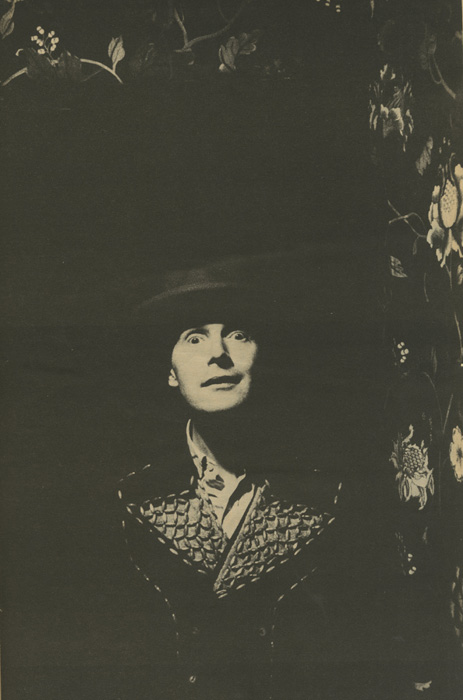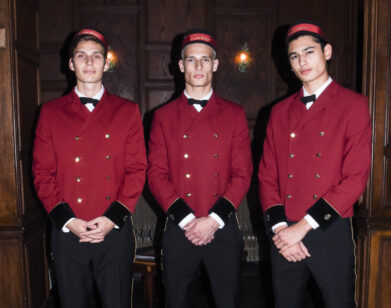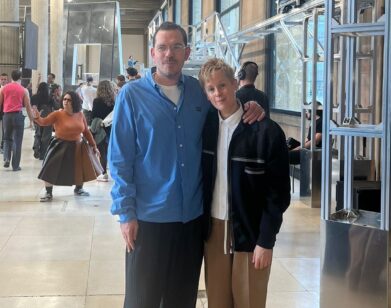Remembering Malcolm McLaren

PHOTO BY SCOTT HEISER
English musician, artist, impresario, and former Sex Pistols and New York Dolls manager Malcolm McLaren died at a hospital in Switzerland today. He was 64.
In 1983, Glenn O’Brien spoke to Malcolm for Interview’s June issue. At the time, he was enjoying the success of “Buffalo Gals,” a strikingly unique club hit he created after a world listening tour that included stops in Appalachia, the South Bronx, the Andes, Cuba, and Zululand.
GLENN O’BRIEN: With “Buffalo Gals,” you combined the South Bronx and Appalachia; do you do that with the Zulu and with other recordings?
MALCOLM McLAREN: Yes. With the Zulus, they taught me a dance and I taught them a dance; I taught them something that happens in New York called the Double Dutch. I told them all about these New York high school teams and we wrote a song together, a Zulu song, but actually having them sing about the Double Dutch, and all those high school teams like the Five Town Diamonds and the Might Motions and the Ebonettes. I also had them sing a song about the Sex Pistols called “Punk it Up, I’m a Sex Pistol Man, Oh Yeah.” I did try to mix things up because I think that creates the chaos that’s necessary to inject the right spirit onto that dance floor in London.
O’BRIEN: When rap started out it was all mixing and scratching, but I think that they got the idea immediately that copyright was going to prevent them from putting all of these records together on record. So they went to duplicating what they did with records with a studio band. “Rapper’s Delight” was taken right off a Chic record. At least the horn parts were.
McLAREN: Oh yes, and later of course Afrikaa Bambataa, when he used Kraftwerk. I suspect that put fear into the heads of the record industry, that that technique would develop to such an extent that how the hell would they work out the copyright problems?
O’BRIEN: Actually rap may very well have some kind of effect on the copyright set up. In a tribal society, you have perfect riffs and everyone can use them, they don’t belong to anyone. But here every musician takes that riff and thinks, “How can I change this?” It’s already perfect, so you get weaker music.
McLAREN: You can only change that by changing the industry itself, and I don’t think you’ll ever change that because it’s been born out of the idea of selling seltzer and vinyl and everything else. The day of the record and all of those things is going to be over soon. People want to experience real things. It’s in that system that I think you’ll find copyright less significant, because music will become very much a part of the weekend itinerary.






